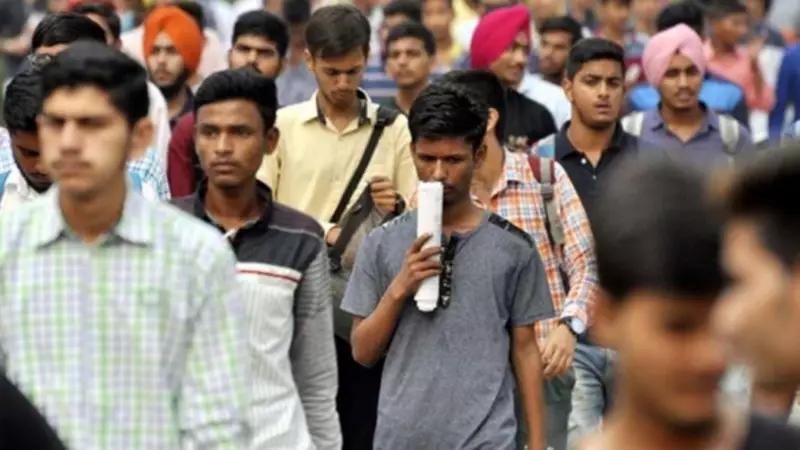
In a significant move towards labour reform, the Indian government has implemented four long-pending labour codes. Industry leaders have hailed this step as a potential catalyst for accelerating formal job creation and significantly widening the social security net for millions of workers, including those in the gig economy.
Industry Applauds Clarity and Digitisation
The notification, issued on Friday, November 22, 2025, makes the implementation of the codes immediate. This has prompted employers across all sectors to urgently reassess their internal policies and HR practices. Puneet Gupta, a Partner in People Advisory Services at EY India, emphasized that the new framework brings much-needed clarity, digitisation, and consistency. Unlike the previous laws, which were plagued by multiple interpretations and overlapping authorities, the new codes streamline compliance requirements.
Akhil Chandna of Grant Thornton Bharat outlined key areas for employers to focus on, including mandatory annual health check-ups, gratuity for fixed-term employees, and social security benefits for gig and platform workers. There are also stricter mandates for the timely disbursement of wages.
Implementation by States is the Key Challenge
While the industry welcomes the reforms, a consistent theme among experts is that the success of this transition hinges critically on how state governments frame and enforce the rules. Manish Sabharwal, Vice Chairman of Teamlease, described the codes as an "overdue gift" to India's youth and small businesses, predicting they will accelerate formal, high-productivity job creation.
However, concerns remain, particularly in sectors like Information Technology. Nasscom, India's leading IT industry association, acknowledged the codes as a significant moment in India's labour reform journey. They noted the potential for clearer documentation, parity of benefits, and structured grievance mechanisms.
Yet, Harpreet Singh Saluja, President of the Nascent Information Technology Employees Senate (NITES), warned of potential misuse. He pointed out that the IT sector already faces issues like forced resignations and the misclassification of employees as 'consultants' to avoid providing benefits. Without careful enforcement and the preservation of trade union rights, companies might find ways to bypass their new obligations.
A More Inclusive Workforce Ecosystem
The reforms are set to create a more inclusive labour market. For the first time, gig and platform workers will be covered under social security schemes. Suchita Dutta, Executive Director of the Indian Staffing Federation (ISF), stated that the codes will simplify compliance, reduce regulatory burdens, and foster a flexible hiring environment, ultimately driving formal employment growth.
Global bodies have also taken note. Gilbert F. Houngbo, the Director-General of the International Labour Organisation, expressed keen interest, stressing that continued social dialogue between the government, employers, and workers is essential to ensure the reforms benefit all parties.
Companies like Uber have welcomed the implementation, specifically highlighting the Code on Social Security and expressing eagerness to work with the government for its effective rollout. The consensus is clear: these labour codes represent a transformative shift towards a future-ready and formalised Indian workforce.






